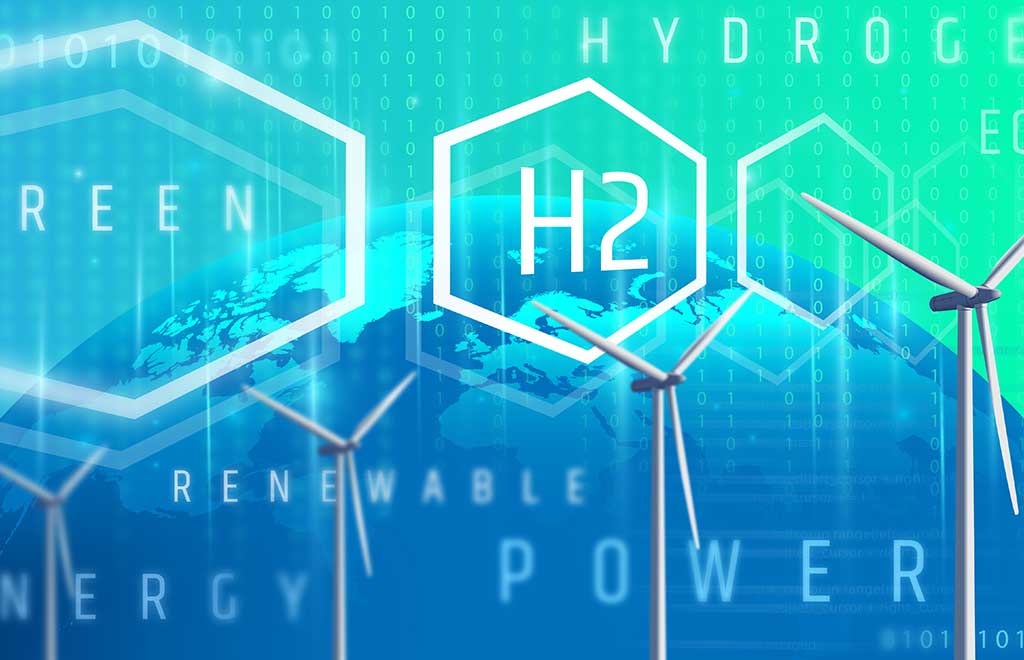Hydrogen Energy
Hydrogen is a renewable source of energy with low carbon emissions. It is more efficient than other sources of energy and is non-toxic.
Technologies for production of hydrogen include gasification, steam reforming, dry reforming, autothermal reforming, water electrolysis, etc. Hydrogen can be used for power production as well as feed for chemicals/fuels production. Typical devices that use hydrogen for power generation are hydrogen turbines and hydrogen-fuel cells. Natural gas is the most common fuel used in gas turbines. Hydrogen, as a renewable source of energy can be used as the fuel source in gas turbines. This helps to lower carbon emissions.

Journal Publications
- Sabri, F., Idem, R., Ibrahim. H., 2018. Metal Oxide-Based Catalysts for the Autothermal Reforming of Glycerol. Industrial & Engineering Chemistry Research, 57, pp 2486−2497.
- Oluku, I., Ibrahim, H., Idem, R., 2018. Ternary oxide-supported bimetallic nickel-copper catalysts for a single step high temperature water gas shift of biogas reformate, Fuel, 234, pp. 1238–1258.
- Essien, E., Ibrahim, H., Mehrandezh, M., Idem , R., 2019, Adaptive neuro-fuzzy inference system (ANFIS)– based model predictive control (MPC) for carbon dioxide reforming of methane (CDRM) in a plug flow tubular reactor for hydrogen production, Thermal Science and Engineering Progress, 9, 148-161
Knowledge Translation
- Idem, R. Hydrogen from Fossil Fuel and Biomass with CCS. Training provided to attendees of IEA organized International CCS Summer School, Regina, SK, Canada, July 7- 12, 2019.
